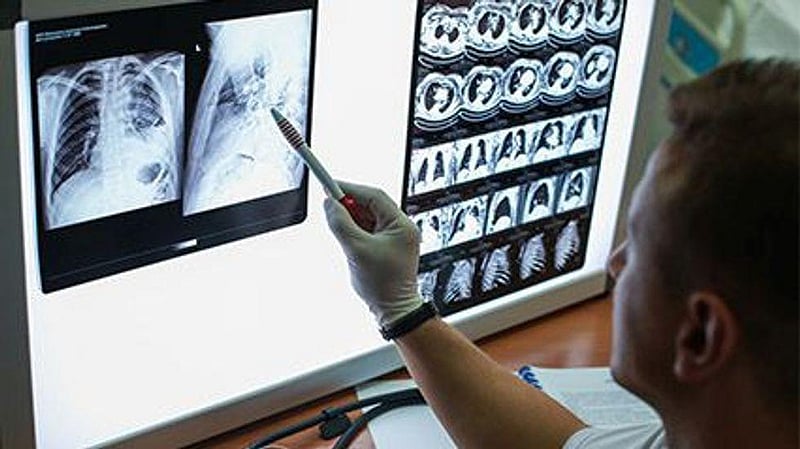Get Healthy!

- Robert Preidt
- Posted December 6, 2021
More Evidence That Pandemic Delayed Cancer Diagnoses
New research offers fresh proof that the COVID-19 pandemic delayed cancer diagnoses in the United States, increasing patients' risk for poor outcomes.
For the study, researchers analyzed data from more than 9 million patients at over 1,200 Veterans Affairs (VA) medical facilities.
Procedures to diagnose cancer were used less often and there were fewer new cancer diagnoses in 2020 than in the two previous years. From 2018 through 2020, 3.9 million diagnostic procedures were done and nearly 252,000 new cancers were diagnosed.
Study author Dr. Brajesh Lal, of the VA Maryland Health Care System, said the disruption in non-emergency care during the pandemic's peak was "intentional and necessary."
"As we enter the recovery phase, we hope that our work will help physicians, hospitals, and health care organizations anticipate the extent to which they have fallen behind in their efforts to diagnose new cancers," he added. "It will also help them allocate requisite resources and time to re-engage with patients."
The study, published online Dec. 6 in the journal Cancer, found that in 2020, there were 45% fewer colonoscopies to detect colon cancer; 29% fewer biopsies to detect prostate cancer; 10% fewer CT scans of the chest to detect lung cancer; and 21% fewer cystoscopies to detect bladder cancer, compared with annual averages in 2018 through 2019.
In 29% of states, colonoscopies fell by more than half compared to previous years, the study authors noted in a journal news release.
Overall, new cancer diagnoses dropped between 13% and 23% in 2020, depending on the cancer type, the findings showed.
As part of the study, the researchers created a chart to help institutions, health systems, and states determine the time and resources required to increase cancer diagnostic procedures in order to recover from the backlog caused by the pandemic.
More information
The U.S. National Cancer Institute has more on cancer diagnosis.
SOURCE: Cancer, news release, Dec. 6, 2021


